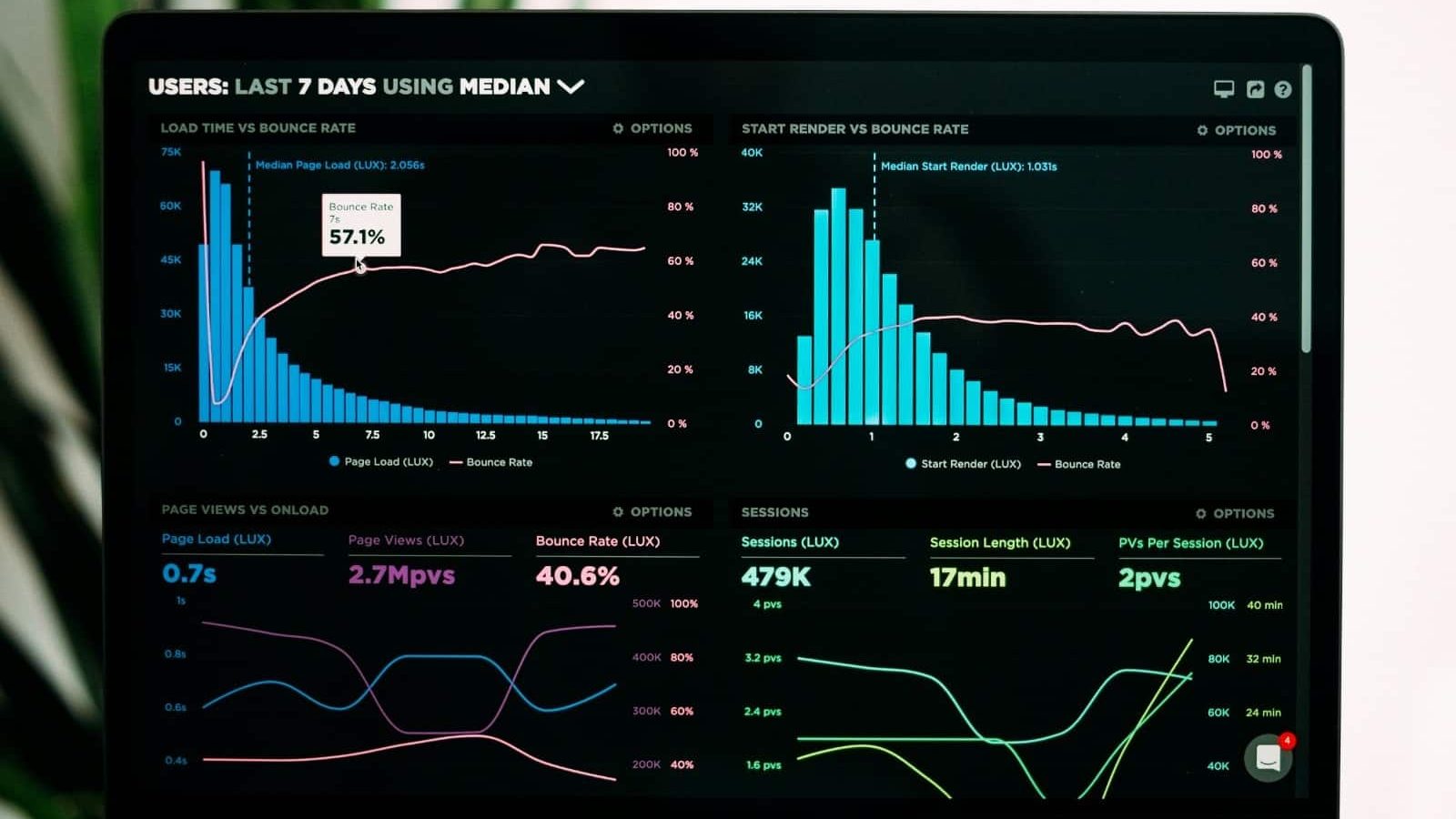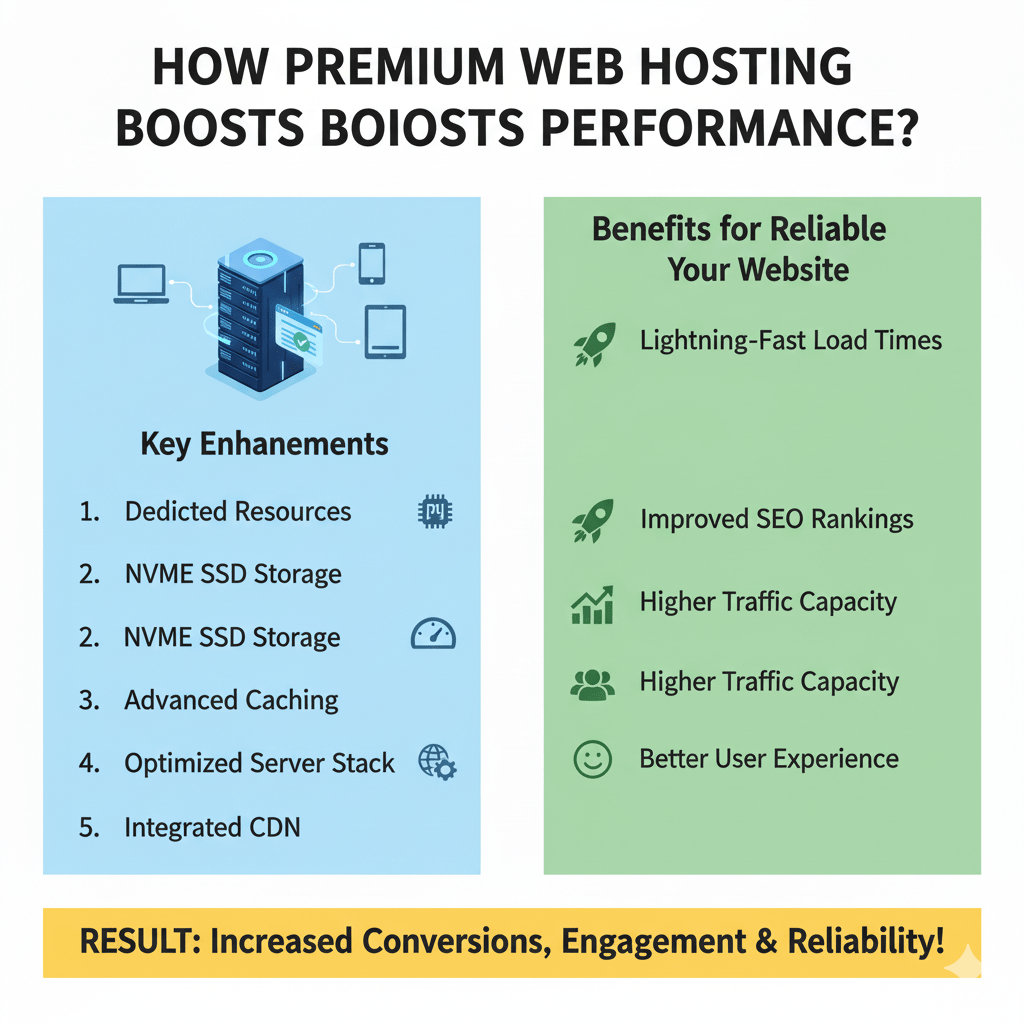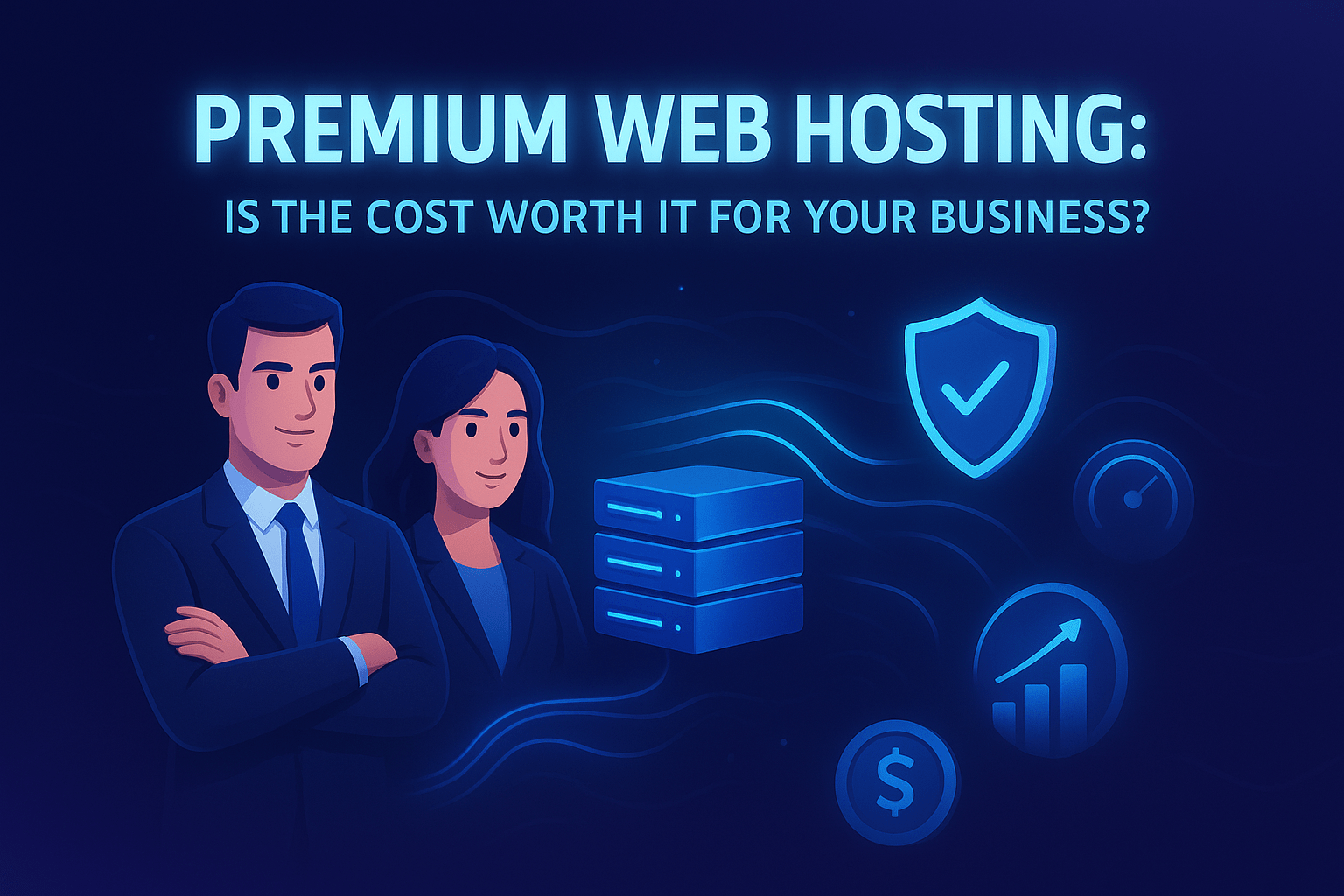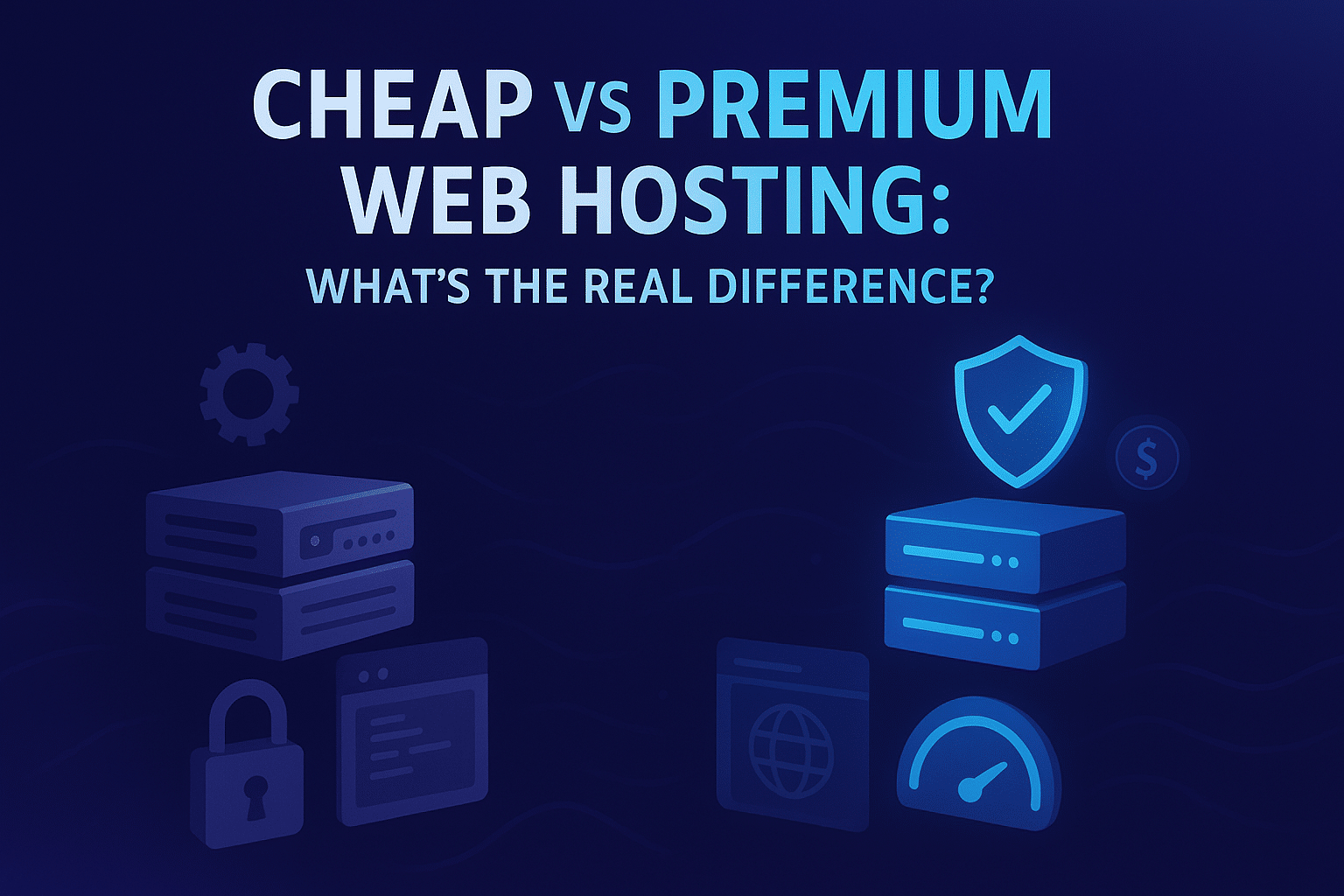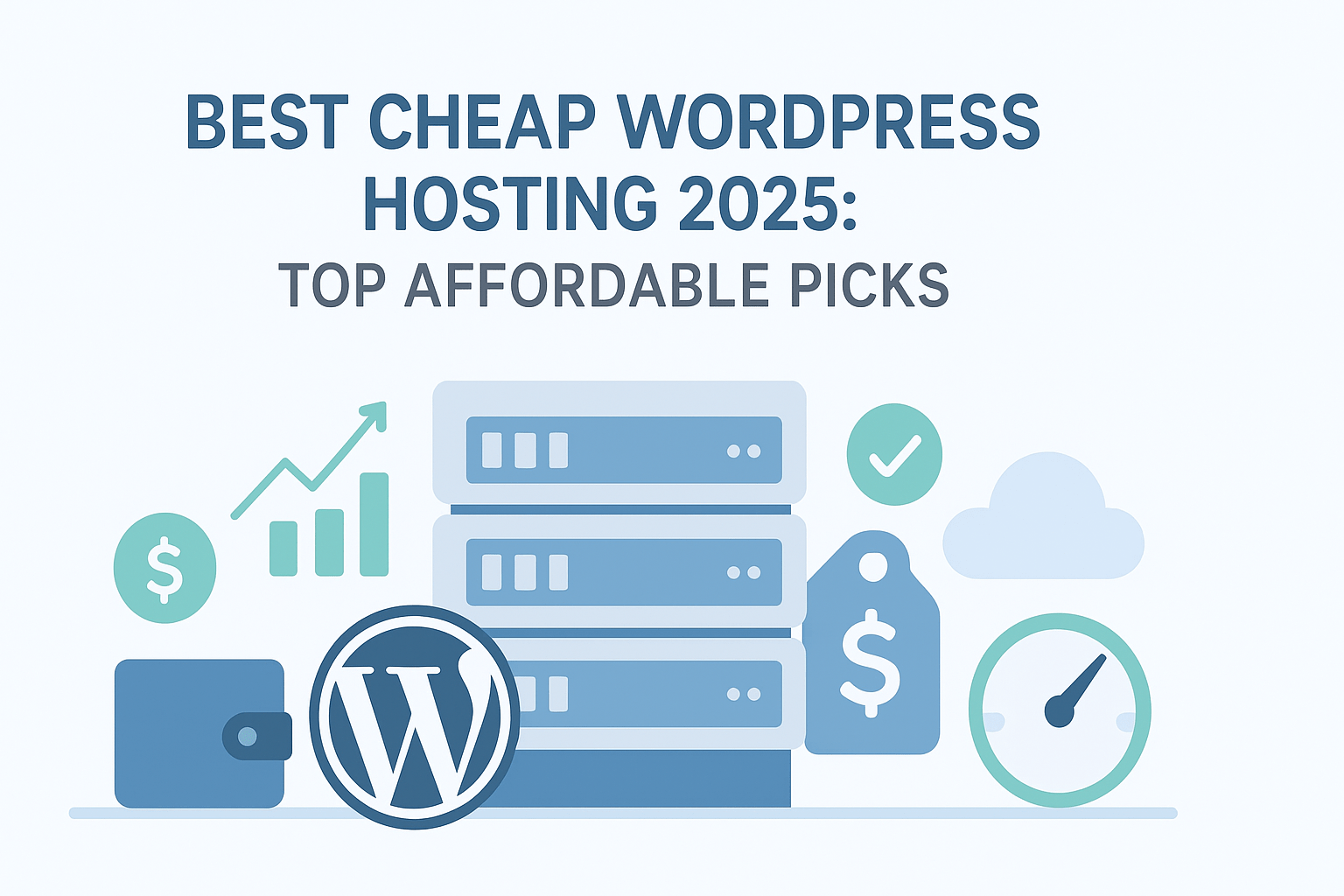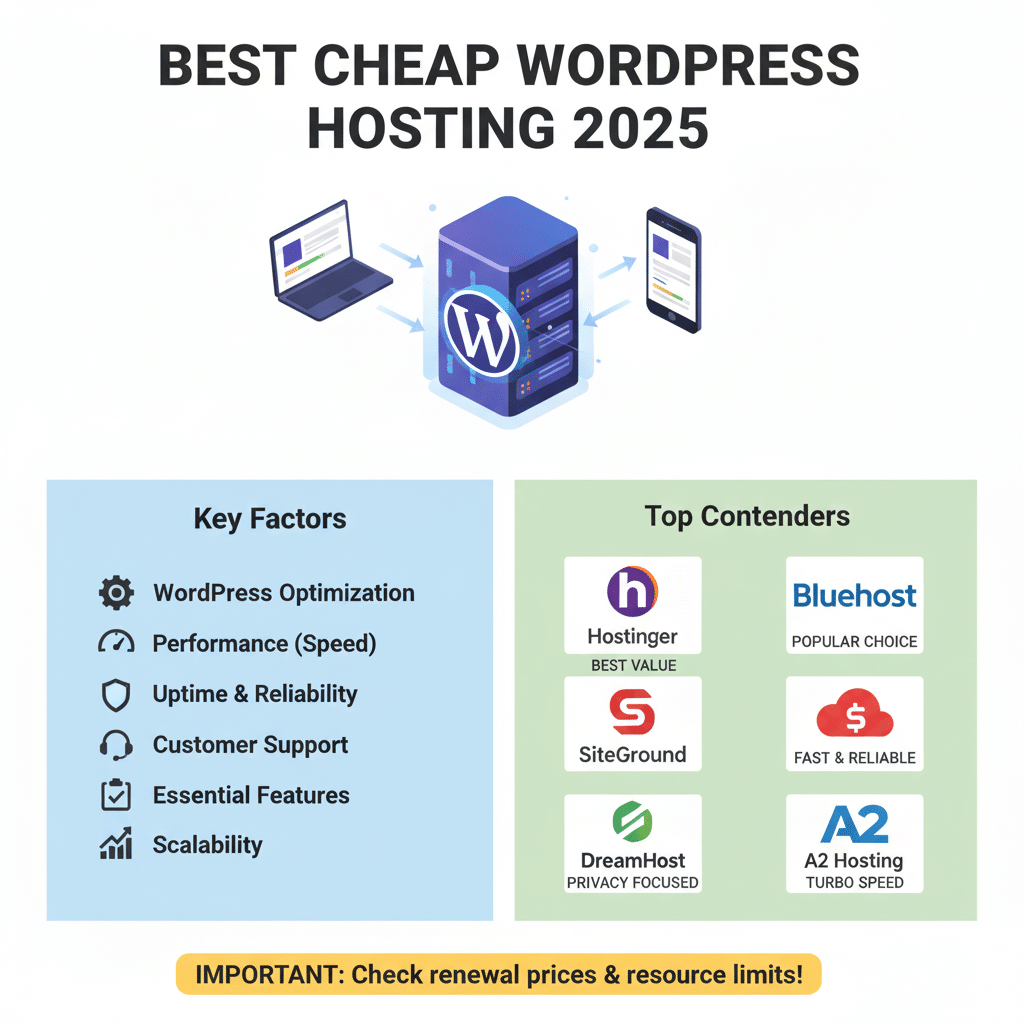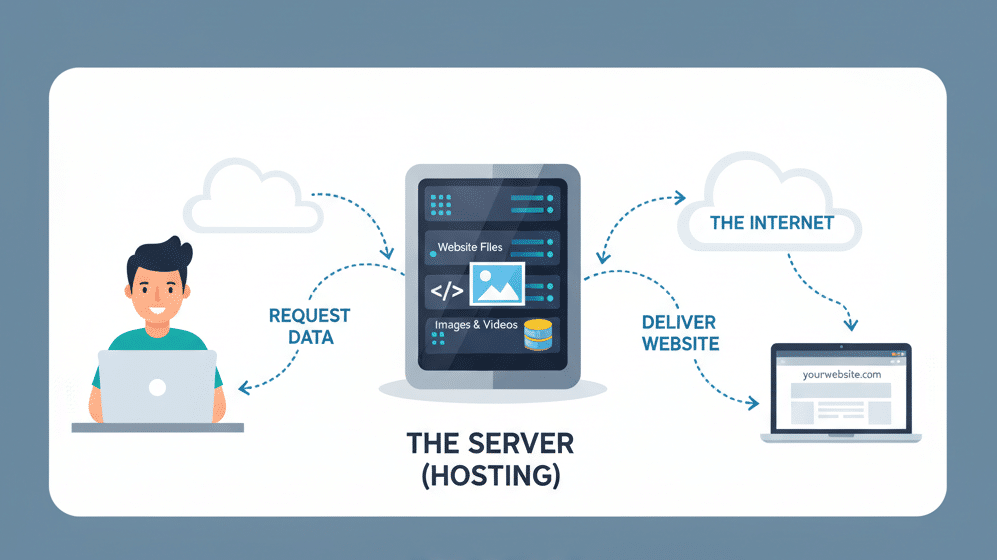Beyond Latency: How Edge Hosting Redefines Website Performance
Did you know that a mere one-second delay in page load time can lead to a 7% reduction in conversions and 11% fewer page views? In today’s hyper-connected world, where user patience is dwindling, website speed isn’t just a nicety; it’s a critical component of success. For any software house or IT professional, understanding the intricacies of web performance is paramount—especially when it comes to delivering optimal user experiences and robust digital marketing outcomes.
This is where Edge Hosting emerges as a game-changer, fundamentally reshaping the future of website speed and reliability.
The Persistent Need for Speed: Why Traditional Hosting Falls Short
For decades, traditional hosting models—relying on centralized data centers—have served us well. But as the internet grew more global and user expectations soared, their inherent limitations became painfully apparent.
The biggest culprit? Latency.
Latency is the delay incurred as data travels from a server to a user’s device. If your website’s server is in New York and your user is in Tokyo, that data has a long journey, causing noticeable delays. These delays directly translate into:
-
Higher bounce rates (users leaving before your page loads)
-
Frustrated customers who expect instant responses
-
Lower search engine rankings, since Google prioritizes fast-loading sites
-
Missed marketing opportunities, where slow performance negates even the best SEO and paid campaigns
Businesses investing heavily in online marketing campaigns often find their efforts undermined by poor site performance. Even the most meticulously executed keyword research, ads, or content strategies can’t overcome the hurdle of a sluggish website.
This is the pain point Edge Hosting is engineered to solve.
What is Edge Hosting and How Does It Work?
At its core, Edge Hosting is a distributed computing architecture that brings data processing and storage closer to the location where it’s needed.
Instead of relying on a single, distant data center, edge hosting utilizes a network of smaller, geographically dispersed servers—often referred to as edge locations or points of presence (PoPs). Think of it as moving mini-servers to the very “edge” of the internet, nearer to your end-users.
Here’s how it works:
-
A user requests your website.
-
Instead of traveling across continents to a central server, the request is routed to the nearest edge server.
-
The edge server delivers the content (static files, dynamic data, or even entire apps) instantly.
This decentralization mirrors Content Delivery Networks (CDNs) but goes beyond static caching by enabling dynamic processing, security, and hosting at the edge.
The Core Principles of Edge Architecture
-
Proximity: Computing resources are placed physically closer to end-users.
-
Distribution: Data and applications are spread across multiple, smaller data centers.
-
Lower Latency: Minimizing data travel distance leads to near-instant responses.
-
Reduced Bandwidth Usage: Less traffic flows back to the central server, easing congestion and lowering costs.
According to Gartner, by 2025, 75% of data will be processed outside a traditional centralized data center or cloud. This projection underscores the growing importance and adoption of edge computing, including Edge Hosting.
Unlocking Unprecedented Website Speed with Edge Hosting
The direct and most obvious benefit of Edge Hosting is unparalleled website speed. By serving content from locations closest to your audience, you eliminate bottlenecks of long-distance data transmission.
Here are the performance benefits in detail:
-
Instant Page Loads: Users experience load times measured in milliseconds, not seconds.
-
Improved Responsiveness: Interactive elements, forms, and dynamic content feel seamless.
-
Enhanced User Experience (UX): Faster sites keep users engaged, boosting retention and conversions.
-
Reduced Server Load: Traffic is spread across multiple edge servers, improving stability and uptime.
Edge Hosting’s Game-Changing Benefits for Digital Marketing
Beyond technical performance, edge hosting has profound implications for digital marketing and business growth:
1. Boosted SEO Rankings
Google explicitly rewards faster websites with higher search rankings. Edge Hosting ensures your site stays competitive in organic search visibility.
2. Higher Conversion Rates
With every second of delay potentially costing sales, faster sites directly increase conversions. Whether it’s an e-commerce checkout, SaaS signup, or lead form, speed translates to revenue.
3. Improved Ad ROI
Businesses investing in paid ads don’t want campaign dollars wasted on slow-loading landing pages. Edge Hosting ensures your ad clicks turn into engaged visitors, not bounces.
4. Enhanced Global Reach
Edge Hosting removes geographic barriers. A customer in Singapore experiences the same blazing speed as one in New York, creating a truly global user experience.
5. Stronger Brand Perception
Fast, reliable websites signal professionalism and trustworthiness. Edge Hosting helps businesses deliver consistent, premium experiences that reinforce brand value.
Challenges and Considerations
While the benefits are compelling, it’s important to acknowledge potential challenges:
-
Implementation Costs: Edge Hosting may be pricier than traditional hosting, especially for small businesses.
-
Complexity: Distributed architecture requires more sophisticated management and monitoring.
-
Data Compliance: Hosting across multiple regions raises questions around GDPR, CCPA, and other regulations.
-
Integration: Not all applications are “edge-ready” and may require adjustments.
Despite these hurdles, the long-term ROI of Edge Hosting often outweighs the initial investment.
The Future of Website Performance: Living on the Edge
The rise of 5G, IoT, and immersive digital experiences (like AR/VR and real-time gaming) is making edge hosting not just an advantage but a necessity. Businesses that adopt it early position themselves ahead of competitors by offering consistently superior digital experiences.
In the near future, we’ll see edge hosting expand into:
-
Personalized content delivery at the edge (customized pages served instantly to each user).
-
AI-powered edge computing, enabling real-time analytics, fraud detection, and customer insights at the user’s doorstep.
-
Self-optimizing hosting environments that adapt dynamically to traffic and demand.
Final Thoughts
In a world where every millisecond matters, businesses can no longer afford to rely solely on traditional hosting models. Edge Hosting represents the next evolution of website performance—bringing speed, reliability, and resilience to the forefront of digital strategy.
For software houses, IT professionals, and digital marketers alike, embracing edge hosting isn’t just about faster load times—it’s about unlocking global scalability, maximizing conversions, and ensuring every marketing dollar delivers real ROI.
The internet is moving to the edge. The only question is: will your business move with it?

